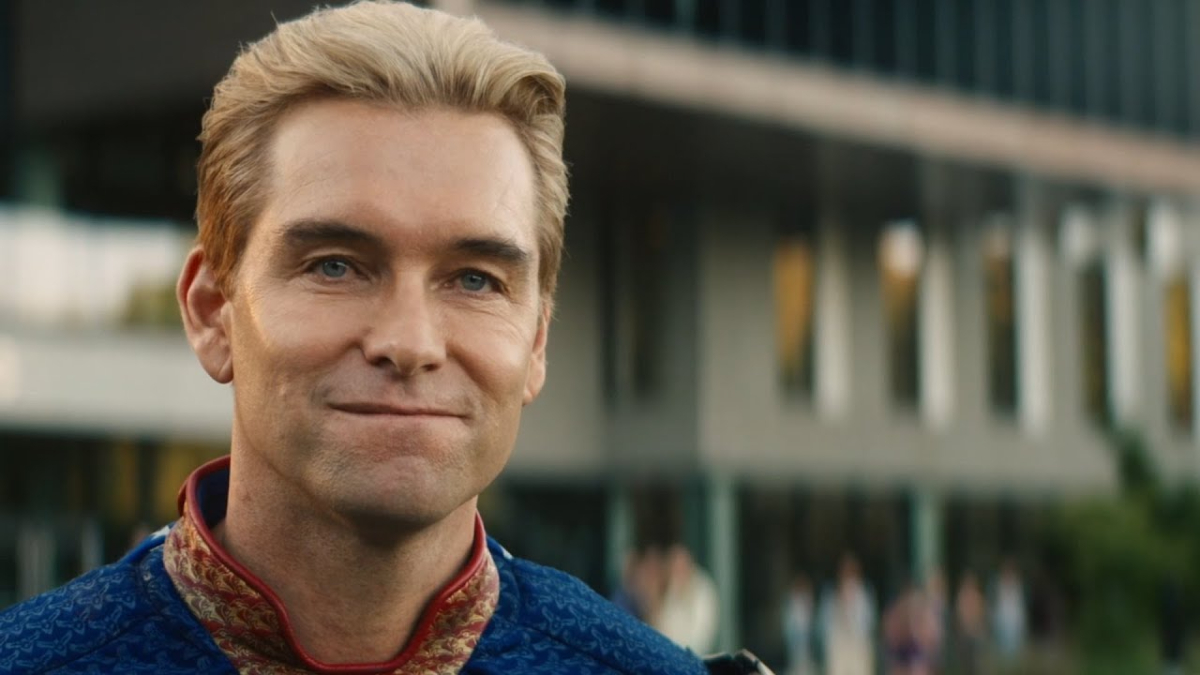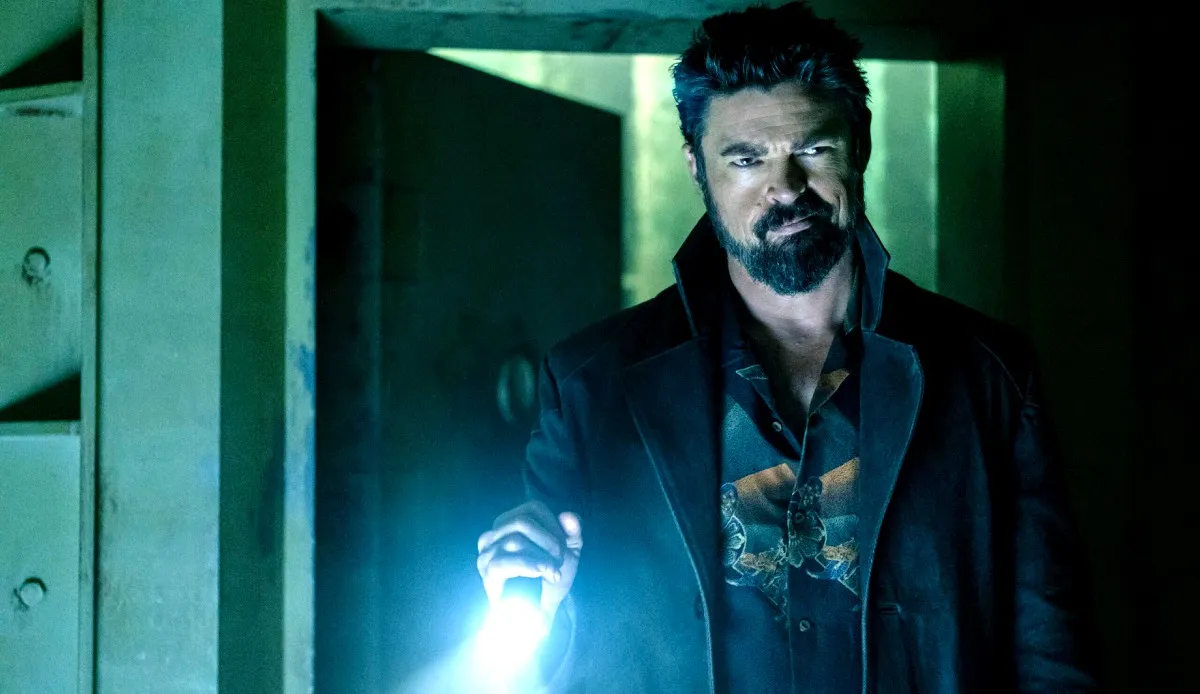The Boys‘ shared universe has only just begun, but it’s already superior to other shared comic book universes—at least in one aspect. While The Boys’ universe expanded significantly with the debut of Gen V, it’s still warding off a problem familiar to fans of the MCU and the DCU.
The Boys, which first premiered on Amazon’s Prime Video in 2019, is based on the comic book series of the same name from Dynamite Entertainment. It quickly became a hit for its gritty, dark, and satirical take on the superhero genre. In the series, vigilantes struggle to take down a group of corrupt superheroes who have been made into celebrities by the superhero organization Vought International. So far, The Boys has received two highly successful spinoff series: The Boys Presents: Diabolical and Gen V, with the latter recently nabbing a season 2 renewal.
Given the success of Gen V and its connection to its predecessor, many believe it’s the beginning of The Boys turning into a full-fledged shared universe. Amazon execs have already teased a future expansion of The Boys‘ universe and Eric Kripke’s vision for the franchise. Even though the shared universe is still in its early stages, there’s one thing it’s already doing better than two of the biggest established comic book universes.
The Boys universe has a simple timeline

Gen V recently concluded its first season, which had major connotations for The Boys season 4. Kripke was subsequently asked how long after Gen V‘s season 1 finale The Boys season 4 takes place. Surprisingly, he stated that Gen V‘s final mid-credits scene, which features a direct tie-in to The Boys, only takes place a couple of days after the events of the finale. Not only is there such a small gap between Gen V season 1 and The Boys season 4, but Kripke plans to keep up this simplicity. Explaining the timeline, he told Variety:
So it’s all very modular. It’s like there’s Season 3 of ‘The Boys,’ and then after that ‘Gen V’ takes place, and then after that ‘The Boys’ Season 4 takes place. And then after that, ‘Gen V’ Season 2 takes place.
On the surface, this doesn’t sound very significant, as it only seems practical for films and shows to occur in the order in which they’re released. But then we have the MCU and the DCU with their painfully confusing timelines. Fans initially thought the MCU was straightforward, with its films taking place in the years they were released for the most part. Then Spider-Man: Homecoming came out in 2017 but claimed it took place eight years after The Avengers, which would place it in 2020. So, Marvel released an official timeline to fix that error, but made everything else more confusing—plus it introduced the five-year time jump in Avengers: Endgame and the Multiverse to add an extra layer of confusion to every upcoming project.
As for the DCU, we’re not even sure it has a timeline. There are so many standalone films, and it’s hard to see how the majority of them are connected. Additionally, we’re not sure what timeline it’s currently in after The Flash‘s ambiguous ending. James Gunn also decided nothing’s canon for the new DCU until Superman: Legacy, even though some old DCU characters are returning. So, it should be fun trying to figure out a plausible timeline for all of that.
Even if The Boys’ universe continues to expand, as long as Kripke is involved, the timeline should remain simple. He also told Variety, “We try to keep the timeline super simple because all that folding-in-on-itself timeline stuff that I think other comic book universes find themselves having to do is just bewildering for me as a viewer.” He concluded by explaining The Boys‘ universe timeline is like “cars on a train” rather than like a “plate of spaghetti” (a reference to the scene in The Flash where Michael Keaton’s Bruce Wayne explains the multiverse to Barry Allen). Of course, the MCU and DCU are still enjoyable, even with their spaghetti timelines. However, there’s an ease to The Boys‘ universe in knowing that there are no tricks or twists and everything happens in a straightforward, linear manner. We don’t have to wonder when Gen V season 1 took place or explain any huge time gaps when The Boys season 4 comes around because it’s all so simple.
The Boys‘ universe is already doing its timeline right, and if it keeps on this simplified track it will have an edge over the MCU and DCU and their muddled timelines.
(featured image: Prime Video)









Published: Nov 6, 2023 05:40 pm